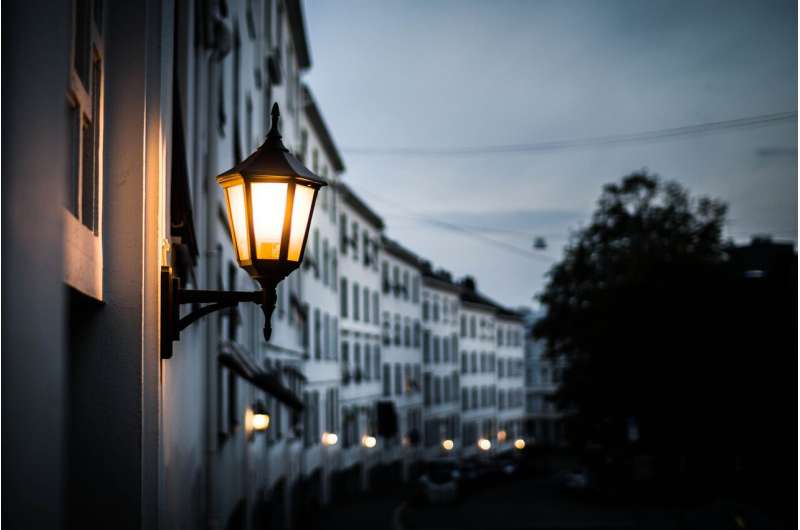Approximately 1% of Norway's population has been infected by SARS-CoV-2

Approximately 1 percent of Norway's population has antibodies against SARS-CoV-2, the coronavirus that causes COVID-19 disease, according to a new report from the Norwegian Institute of Public Health.
For several weeks, the Norwegian Institute of Public Health has investigated the presence of antibodies against SARS-CoV-2 in serum samples from people in the Oslo area. Antibodies indicate that someone has been infected with the virus. To find out how many people have been infected by the virus elsewhere in Norway, researchers at the National Reference Laboratory for coronavirus at the Norwegian Institute of Public Health collected 900 residual serum samples from nine laboratories in different parts of Norway.
Antibodies to SARS-CoV-2 were found in about 1 percent of the analyzed samples.
"This is the first study to measure antibodies against the SARS-CoV-2 virus in blood samples collected from different geographical areas and covering all age groups in Norway. The results fit with other estimates, and support our assumptions that we have had few cases of the virus in Norway and that we appear to have low under-reporting of cases," says Anne-Marte Bakken Kran at the Norwegian Institute of Public Health.
The analyses were performed at Oslo University Hospital (OUH), using a method developed by Fridtjof Lund-Johansen and Jan Terje Andersen at the Department of Immunology and Transfusion Medicine. The study is a collaboration between the Norwegian Institute of Public Health and OUH, and was made possible by good collaboration with the participating microbiological laboratories in Norwegian hospitals, who provide the samples.
The report is in English, with a Norwegian summary.
Highest prevalence in Oslo
The youngest person with antibodies in their blood was nine-years-old, while the oldest was 76. The researchers found no differences in prevalence related to gender and age. On the other hand, there may appear to be certain geographical differences. The researchers found the highest incidence of antibodies in Oslo, but the number of samples analyzed was not high enough to be able to determine this with certainty.
"There is some uncertainty in the results because not all counties are represented, there are few samples from each location, and that the samples are from patients who were in contact with the healthcare service for other reasons," explains Bakken Kran. "Follow-up studies can provide further information about how the COVID-19 pandemic develops in Norway."
Investigated status in Norway before the pandemic
SARS-CoV-2 is a novel virus belonging to the well-known coronavirus family. Related coronaviruses that circulate in Norway can cause common colds. To investigate whether colds induce antibodies to SARS-CoV-2, 216 serum samples from 2019 were also analyzed. These samples were taken before the COVID-19 pandemic hit Norway.
All of these samples were negative, which means that antibodies against these viruses are not detected by the assay used and that the antibodies detected in this year's samples represent actual SARS-CoV-2 cases.
More information: Tunheim et al., Seroprevalence of SARS-CoV-2 in the Norwegian population measured in residual sera collected in April/May 2020 and August 2019. www.fhi.no/en/publ/2020/seropr … norwegian-population—measured-in-resid/



















